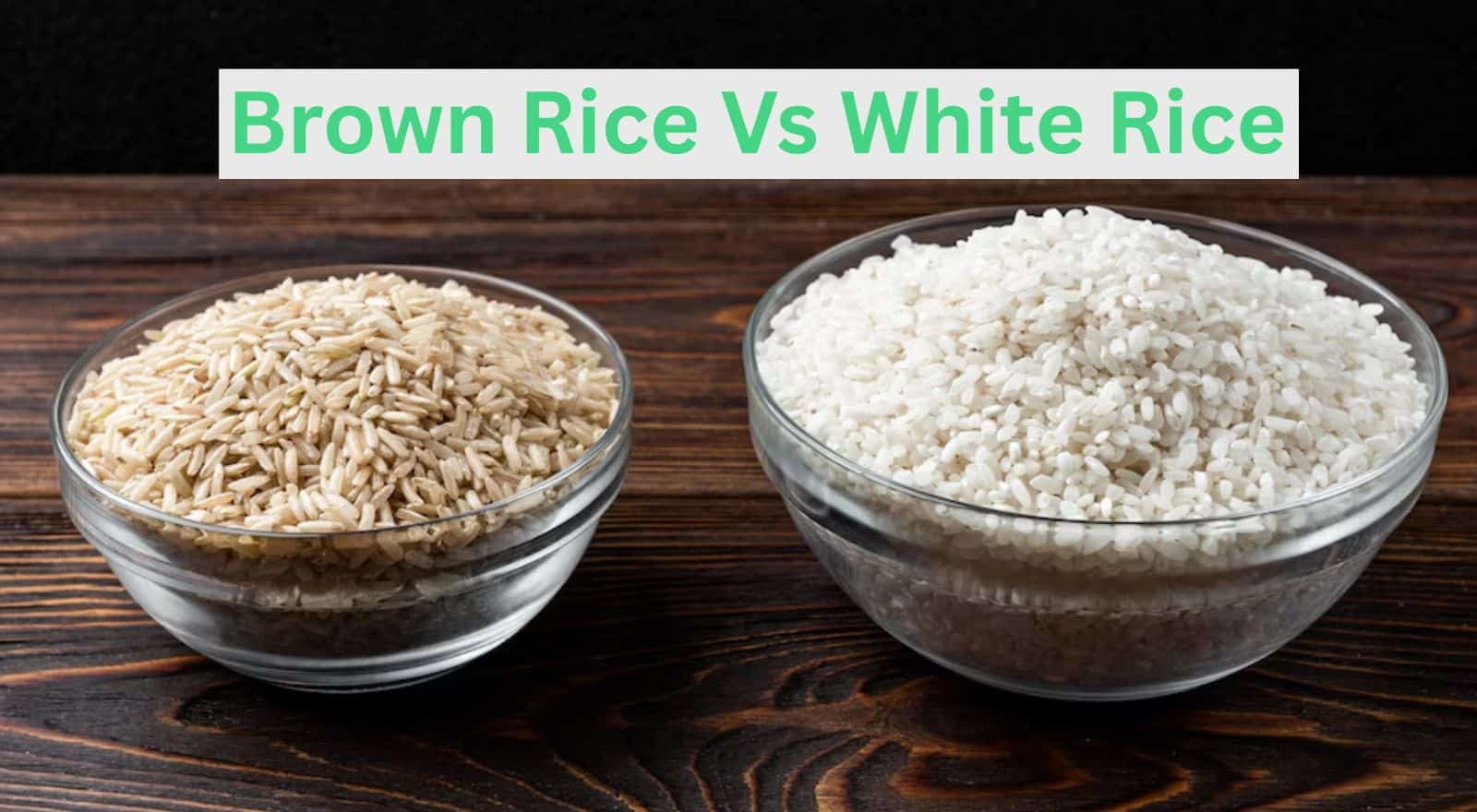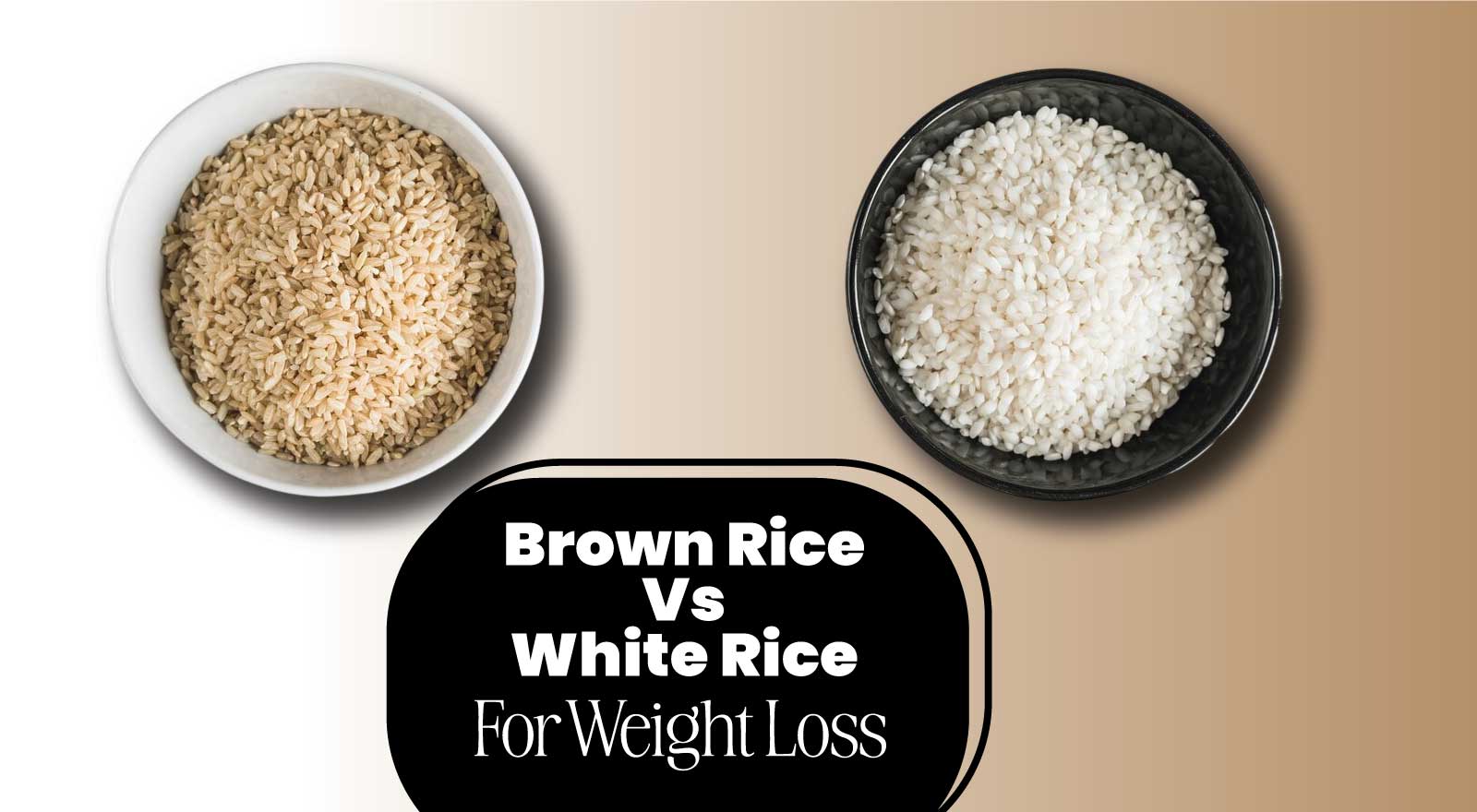In today's people-pleasing and social-media-influenced age, you might have encountered individuals who have invested in various supplements, skin care products, and treatments to look glamorous and fit. What we see on social media is mostly filtered. Influencers, celebrities, and athletes who post their transformation photos entice individuals of all body shapes to hit the gym, exercise, and supplement to get the look they want.
However, only if you are aware of your present body mass index (BMI) and have a plan to achieve your desired BMI will this success be achievable. Now, consider how BMI helps you achieve the ideal weight. It is critical in determining whether you are healthy and provides insight into potential health risks associated with your current body composition. Let us dive into this blog to learn what BMI is, the importance of body mass index, and how knowing your BMI is beneficial for your health. Keep reading!
Table Of Contents
- What is BMI?
- What Is The Importance Of Body Mass Index?
- What Are The Benefits Of Knowing Your BMI?
- Expert’s Advice
- The Final Say
- FAQs
- References
What is BMI?
BMI = weight (kg)/height (m)^2
In the 1830s, a Belgian mathematician and sociologist developed the BMI formula to provide a simple way to measure the general population's nutritional status and overall health. A Body Mass Index (BMI) scan is a detailed and carefully measured representation of your body composition. A medical screening technique called body mass index (BMI) calculates your height-to-weight ratio to determine how much body fat you have.
Your height and weight are taken into consideration when calculating your BMI. This computation measures the size of your body and can be used to calculate the relationship between your height and body weight. The Body Mass Index (BMI) commonly indicates body fat content. It is a method of determining whether you are underweight, average weight, overweight or obese, but it has drawbacks.
You can't tell if you're in a healthy weight range based just on your weight. For instance, someone who is tall yet thin might weigh more than someone who is short but fat. However, the former can enjoy better health if their weight corresponds to height. Men and women of comparable height are also likely to have different ideal weights.
BMI is neither a diagnostic tool nor a measurement of body fat percentage. A high BMI may or may not indicate high body fat, but it does not necessarily mean that a person is overweight or obese and is not a direct indicator of health. Weight in kilograms (kg) divided by height in meters squared (m^2) is how experts determine BMI. The formula divides a person's weight in kilograms by their height in square meters.
Also Read: What Is A Healthy Body Weight Index? Discover Key Factors And Strategies For Ideal BWI
What Is The Importance Of Body Mass Index?

To determine if your weight is in a healthy proportion to your height, you must compute your BMI. It can estimate how much fat your body carries. It's often the first measurement your doctor uses to assess your health and well-being. According to the National Institutes of Health (NIH), BMI is the determining factor in determining whether someone is underweight, normal weight, or overweight.
According to the NHS for most adults:
1. Under 18.5 Indicates That You Are Underweight
This means your health may be compromised, and you may have different types of malnutrition diseases, nutrient deficiencies, a weak immune system and reduced energy levels.
2. A Normal BMI Is Between 18.5 And 24.9
While this does not equate to good health, it is often associated with a lower risk of developing chronic disease for overall health outcomes.
3. BMI Between 25 To 29.9 Indicates That You Are Overweight
It shows that you may be at higher risk of certain health conditions, including heart disease, diabetes and hypertension.
4. BMI Over 30 Indicates Obesity
It indicates that you are obese, which raises your risk of acquiring long-term illnesses like liver disorders, heart disease, type 2 diabetes, digestive issues, arthritis, and more.
Also Read: What Is A Healthy BMI For Athletes? Unveiling Ideal Ranges in Females And Males!
Although useful as a screening tool to assess weight status, it is also limited because it can only calculate body weight and not muscle mass, bone density, or fat distribution, which may affect its accuracy, especially in athletes or individuals with high weight. In fact, knowing your BMI can help you determine any health risks you may face if it's outside of a healthy range.
Being overweight can lead to a number of chronic conditions, including:
- Type 2 diabetes
- High blood pressure
- Problems with the heart or blood vessels
- Cardiovascular disease
- Problems of the musculoskeletal system
Being underweight can lead to other health problems, such as:
- Risk of malnutrition
- Osteoporosis
- Anaemia
Also Read: Is Your Body Weight Index Healthy? Learn How to Calculate and Interpret It!
What Are The Benefits Of Knowing Your BMI?
Here are the key benefits of BMI:
1. Determines The Health Risks
Knowing your BMI is very helpful for doctors in determining your health risks. Health professionals typically use your BMI as a biometric indicator of your overall health. The likelihood of developing chronic diseases, especially heart disease, anorexia or diabetes, correlates with a healthy BMI.
Therefore, BMI is used as an effective diagnostic tool. It is also used to identify the correct assessment for treatment. Additionally, if a person's BMI is within a healthy range, it usually determines the safety of certain medical operations, which makes it simpler for surgeons to evaluate their treatment.
2. Guides Towards Health And Fitness Goals
Setting fitness and health objectives is made possible by knowing your BMI. You can set reasonable goals and improve your chances of reaching them by tailoring your health programs according to your BMI. For example, knowing that you have a BMI of 15 can help you make wise decisions, such as gaining weight to be considered healthy.
ToneOp Fit’s Diet+Fitness Weight Loss Plan can help with fat loss and muscle building with 2 coach support and can help you get faster results.
Also Read: Discover The Ideal Weight For Guys: Factors, Strategies & Debunking Myths!
3. Detects Obesity In The General Population
In summary, BMI can help measure obesity rates in a population. Because many healthcare providers widely use BMI and work routinely for most people, changes in BMI levels provide an understanding of how overweight and obesity change over time and among different populations.
ToneOp Fit’s Live Home Workout Sessions help with calorie burn and increase flexibility and mobility.
Also Read: What Is The Ideal Body Weight For Women? Know Here!
4. Determines The Risk Of Chronic Health Conditions
Several studies have claimed a link between BMI and a high risk of certain chronic diseases, including heart disease, diabetes, hypertension and even some forms of cancer. Since BMI can determine whether you are underweight or overweight, it helps determine the associated risks so that better management measures can be taken accordingly.
ToneOp Fit’s Balanced Diet Weight Loss Plan can help you get balanced nutrition guidance with a one-on-one coach support to maintain a healthy BMI.
5. Increases Self-Confidence
In addition, understanding your body weight will encourage you to be yourself and boost your self-esteem. It's also good for your peace of mind, as some studies have shown that not being at your ideal weight can sometimes undermine people's confidence and lead to depression.
Also Read: Discover BMI-Focused Exercise Routines For Weight Loss!
Expert’s Advice
Maintaining a healthy weight and BMI should not be taken for granted. Due to the nature of the world we live in, maintaining a healthy weight and health can be difficult at times, but nothing is impossible. To achieve an optimal BMI, you must show that you are committed to maintaining a healthy diet, getting regular exercise, and making long-term lifestyle adjustments. This approach promotes a longer, healthier life and a sense of well-being.
Health Expert
Lavina Chauhan
The Final Say
Healthcare professionals can quickly determine your risk for specific illnesses by using your body mass index (BMI). However, BMI is not the sole factor that determines your general health and is not usually a reliable indicator of body fat. The BMI is only one figure that should always be viewed in the context of other statistics, even if it can be a helpful tool for some people. It's the most effective method to comprehend your BMI in relation to a thorough strategy for longevity and good health.
FAQs
1. Is BMI really that important?
Yes, BMI is important as it provides a quick way to assess whether you are underweight, normal weight, overweight, or obese based on your height and weight. However, it should not be the only measure of health since it doesn't account for muscle mass or fat distribution.
2. What is the main use of BMI?
The main use of BMI is to help identify potential health risks related to body weight, such as heart disease and diabetes. It serves as a screening tool for healthcare providers to evaluate an individual's weight status and overall health.
3. What is the BMI's importance in nutrition?
BMI plays a crucial role in nutrition by helping individuals understand their weight category, which can guide dietary choices and lifestyle changes. Maintaining a healthy BMI can reduce the risk of nutrition-related diseases and promote overall well-being.
References
- https://nobesity.in/what-is-the-importance-of-maintaining-an-ideal-weight-bmi/
- https://www.orlandohealth.com/content-hub/whats-a-healthy-bmi-and-why-it-matters
- https://longevity.technology/lifestyle/bmi-benefits-of-knowing-proportions-its-implications-and-research/amp/
- https://my.clevelandclinic.org/health/articles/9464-body-mass-index-bmi
- https://www.nhlbi.nih.gov/health/educational/lose_wt/risk.htm#:~:text=BMI%20is%20a%20useful%20measure,occur%20with%20more%20body%20fat.
- https://redcliffelabs.com/myhealth/health/reasons-why-it-is-important-to-know-body-mass-index-bmi/
- https://www.chatswoodmedicalanddental.com.au/articles/body-mass-index/
- https://www.britannica.com/science/body-mass-index
- https://www.verywellfit.com/bmi-what-is-bmi-or-body-mass-index-3120088
- https://www.iciciprulife.com/tools-and-calculators/bmi-calculator.html
About ToneOp Care
ToneOp Care is the ultimate destination for high-quality nutraceutical supplements and ayurvedic products in India! We are proud to offer a significant range of products designed to support your overall health and well-being, including weight loss, muscle gain, immunity, skin and hair care, and women's health. All our products are manufactured in India using the latest technology and facilities, ensuring the highest quality standards.










































